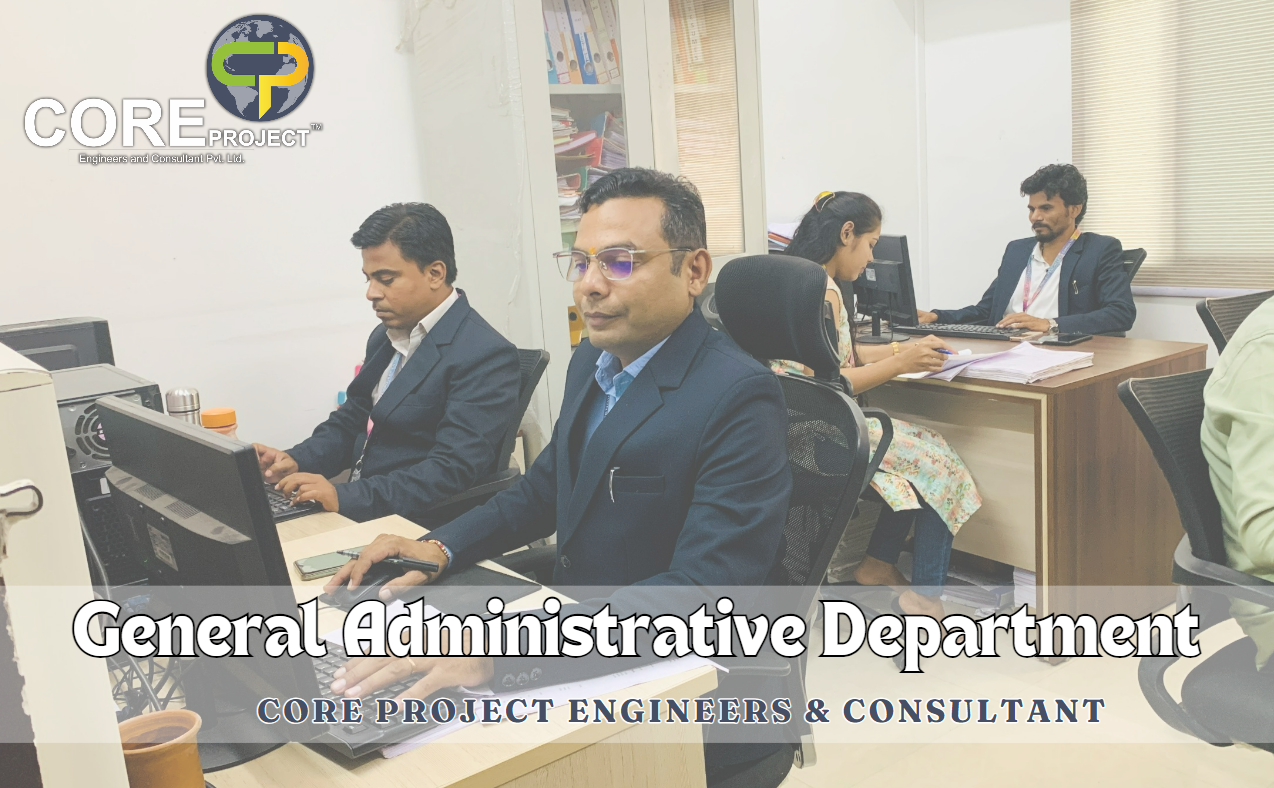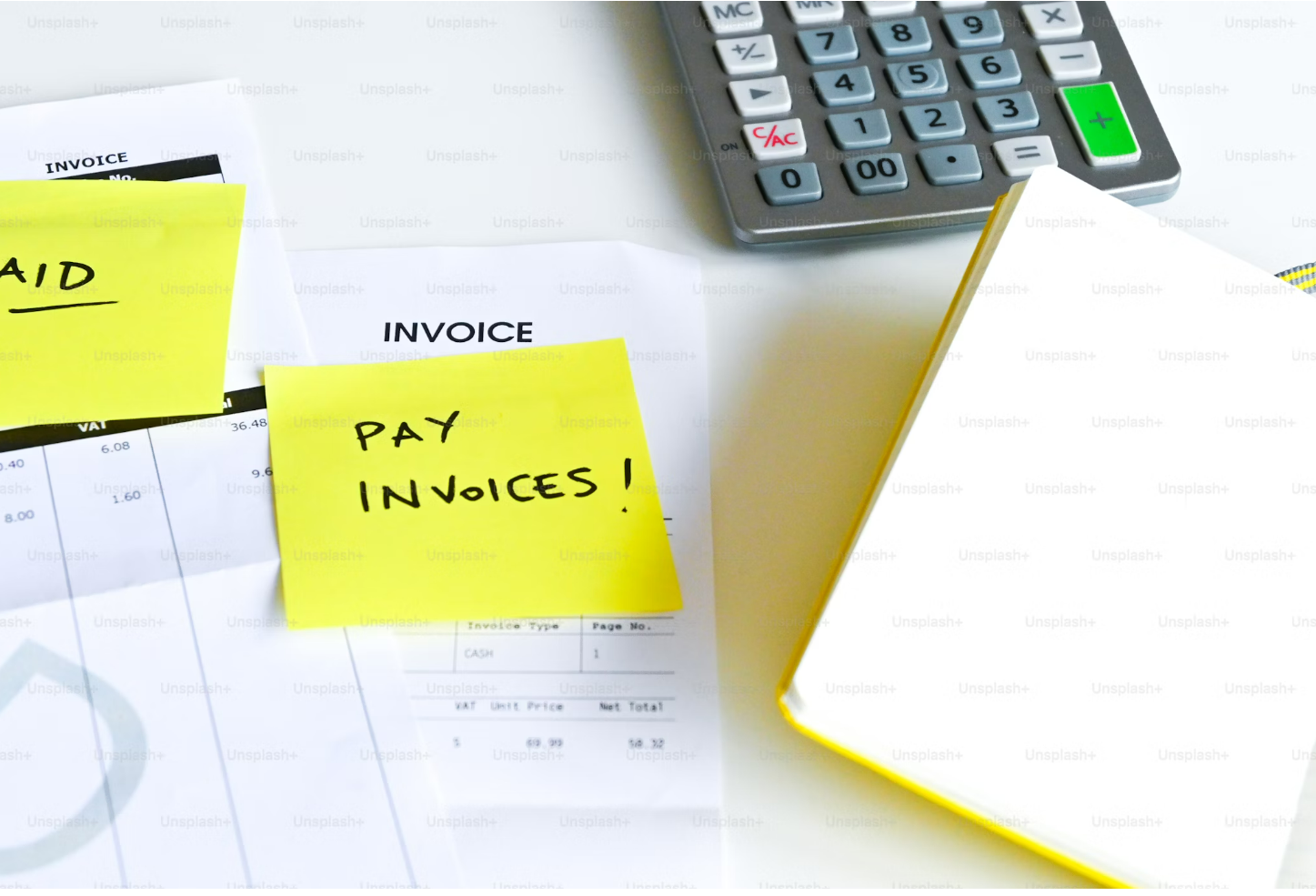GA DEPARTMENT
The General Administrative Department (GAD) ensures smooth and efficient operations across the organization. It manages administrative services, handles daily tasks, and supports all departments.

Head of Department - Mr. Sachin Nichale Sir
The General Administrative Department (GAD) plays a key role in ensuring the organization's smooth daily operations. It manages office spaces, supplies, and resources to maintain an efficient workflow. GAD supports HR with recruitment, employee relations, and policy compliance. The department also handles documentation, record-keeping, and ensures timely communication between departments. Acting as a central coordination point, GAD facilitates smooth communication and project execution across the organization. Additionally, it ensures compliance with laws and health and safety regulations, organizes events and meetings, and manages contracts with vendors to ensure timely and quality service delivery.
Browse Topics
Interviews
Represents the process of gathering and evaluating candidates to assess their suitability for various roles within the company. It is crucial for building a skilled and competent workforce to drive successful project outcomes.

On Boarding
Focuses on integrating new employees into the company, ensuring they are familiar with company policies, procedures & culture. A smooth onboarding process is essential for employee retention & productivity, particularly in real estate & construction projects.

Payroll Maintainence
Involves the management of employee salaries, benefits, deductions, and taxes. Ensuring accurate and timely payroll is vital for employee satisfaction and compliance with legal requirements, which is crucial in maintaining morale on large-scale construction projects.

Compliance
Ensures that all activities within the company adhere to legal, safety, and environmental regulations. Compliance is critical in the construction and real estate sectors to avoid fines, project delays, and safety hazards.

Off Boarding
Manages the departure process of employees, including exit interviews, documentation, and settlement of dues. A structured offboarding process helps maintain professionalism and security, ensuring a smooth transition when employees leave the company.

Documentation & Filing
Involves the proper management of company records, contracts, and regulatory paperwork. Efficient documentation is crucial for tracking project progress, managing legal requirements, and maintaining transparency with clients and stakeholders.

Billing
Accurately manage client invoicing for services rendered, including project consultations, engineering services, and real estate assessments. Proper billing ensures smooth cash flow and transparent financial transactions, essential for project success.

Reimbursement
Handle employee expense reimbursements for travel, accommodation, and project-related purchases. A clear reimbursement process ensures that employees are fairly compensated for out-of-pocket expenses incurred during project execution.

Payment & Cash Flow
Oversee client payments & ensure timely collection of fees for services provided. Managing cash flow effectively helps maintain operational continuity, supports project funding, & ensures financial stability in the real estate & construction sectors.

Internal Audit
Conduct regular audits of financial records, project budgets, and company expenses to ensure compliance with regulations and accuracy in reporting. Internal audits safeguard against financial discrepancies and help maintain trust with stakeholders.

Filing
Organize and maintain records of all financial transactions, contracts, and agreements. Proper filing systems are crucial for easy retrieval of documents, ensuring compliance with legal standards and transparency in business operations.

Maintain Bills & Vouchers
Track and manage bills & vouchers related to project expenses, resource procurement, & subcontractor payments. Proper handling of these financial documents is essential for cost control, budget management & smooth project execution.


